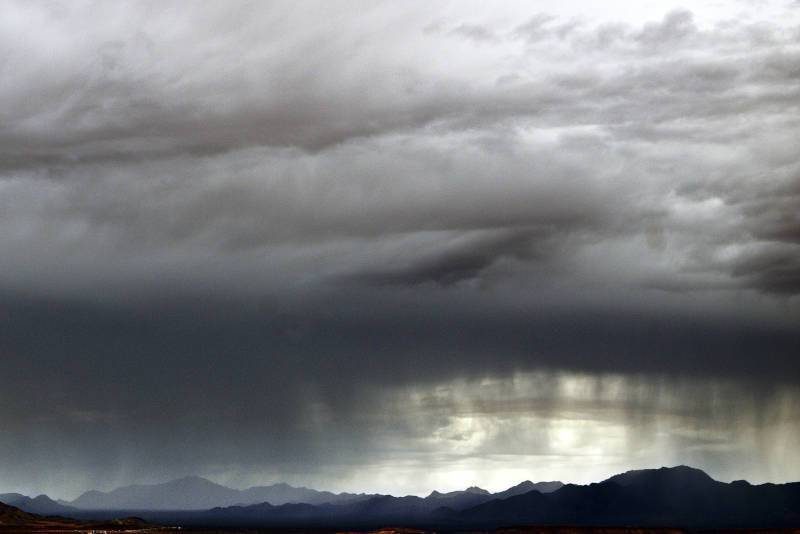At this point, in human history, there is an astounding accumulation of knowledge, along with many ways to access this knowledge. We do not need to be experts in infectious diseases to make our way through the present pandemic. We simply need to be open to receiving and learning from others.
Communally shared knowledge is a gift in a time of a pandemic. Experts in the field of infectious diseases, who are on a learning curve with a new virus, share their knowledge, observations, and proposals with one another and the public. We experience this knowledge as a gift when we listen to someone like Dr. Anthony Fauci. We are given steps to take.
As with all gifts, however, knowledge must be received and acted on. In the midst of a new virus that continues to spread, the knowledge that wearing masks can help us is a gift. But this knowledge can be received or refused. It may surprise us when people refuse to wear masks under our present circumstances, but all of us have the capacity to reject knowledge.
On the one hand, we are creatures that are infinitely open. We open out to the universe. We open out to the Mystery of the universe, to the incomprehensible God. This openness makes all knowledge possible. On the other hand, we are able to close in upon ourselves and close ourselves off from knowledge. We get sidetracked by our addictions and obsessions. Our fears, prejudices, hurtful dependencies hinder our openness. Here are questions we can ask ourselves: What goes on inside us that would get in the way of receiving and responding to much needed knowledge in this time of a pandemic? What keeps us from being open and receptive to knowledge?
As important as empirical, scientific knowledge is for responding to a pandemic, self-knowledge is especially critical. Interior knowledge of ourselves, the awareness of our motivations, attitudes, feelings, and commitments helps us to discern what gets in the way of receiving knowledge, why we avoid particular subjects, and why we rationalize behavior.
When we recognize and relinquish that which has us closed and allow ourselves to be open and receptive, we do not have to do battle with science or any form of knowledge. We are freed to change our lifestyles in order to address the realities of a pandemic. A loving openness to others will have us wearing masks not only for our own sake but for the sake of others.
Our responses to the surges of COVID-19 infections and deaths have demonstrated how closed we have become and sidetracked by our idolatries and false allegiances. I saw a video of a man raging against wearing masks. He saw mask-wearing as an offense against his “freedom.” The words on his tee-shirt said it all: “Selfish and Proud of It.” Without relinquishing his idolatry of self, he will be incapable of wearing masks for the love of others.
Loving openness frees us to receive from others—not only for addressing a coronavirus pandemic but for addressing the much more entrenched pandemic of racism. Many have been helped toward a degree of openness by a virus that has shone a light on the disparities and injustices in our society. But, of course, those injustices have always been there available to be seen by a loving openness. The video of the death of George Floyd and the actions of the Black Lives Matter movement have brought a sustained focus on what has always been there. These actions have gained the attention of Whites who are willing to be open and who have turned attention to their own racism and the systemic racism of our society. What will maintain this focus and bring about work for change will be a growing openness. Without such openness, we remain in darkness. And remaining in darkness hurts us and others.
If we allow ourselves to be open, we will change. If we go back to our same old rationalizations, we will go on losing our souls, and knowledge will escape us. It makes no difference whether we call ourselves Christian or view ourselves as enlightened. Openness to knowledge brings true change. Above all, love makes us open. The good news is that knowledge and love are not far away when we are open. And God will help us to be open. Therefore, Jesus says, “Ask, and it will be given you; search, and you will find.”
